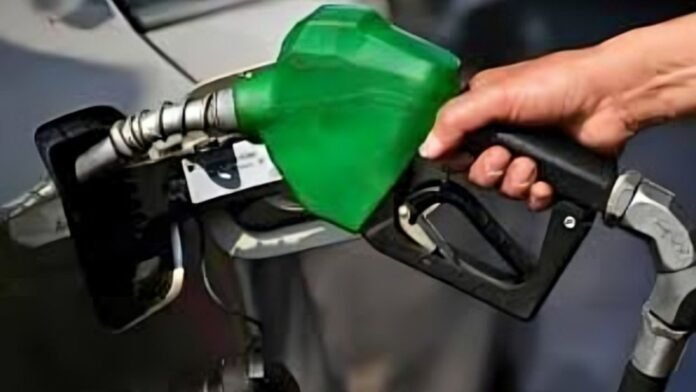In the next 15 days, Pakistan might experience a considerable drop in Petroleum Prices — up to Rs 12 per liter. This is good news for consumers grappling with expensive fuel amid skyrocketing inflation. The expected rate reduction is part of the government’s plan to release public pressure and bolster the economy.
Final Decision-Making and Government Role
On August 15, the Oil and Gas Regulatory Authority (OGRA) will send its final pricing summary to the government. The proposal will be based on current trends in international markets vis-à-vis exchange rates, etc. Later, after taking into confidence Prime Minister Imran Khan, Finance Minister Shaukat Tarin will review recommendations made by OGRA and determine new prices for petroleum products; an announcement should follow shortly after that.
This process reflects a core commitment of authorities to ensuring that any change happening globally regarding crude oil costs should not go unnoticed but rather analyzed carefully so that they can be refined within domestic fuel charges, hence regulating them depending on the market forces, which would strike a balance between relieving customers’ expenditures while meeting the fiscal obligations of the nation.
Breakdown of Anticipated Decreases
The reductions will likely affect all fuel types, benefiting many people. Petrol may be reduced by more than Rs9 per liter, benefiting millions who own vehicles or engage in the commercial transportation sector countrywide. Diesel, which plays a crucial role in transport systems and agriculture activities, might see a decline worth about Rs8.5 per liter; this could lower farmers’ costs and those incurred by transporters, reducing prices charged for goods and services.
Besides petrol and diesel, kerosene oil, used chiefly by households, especially in rural areas, is also expected to become cheaper. A cut down on kerosene’s price would enable household heads to save some money since they need it most for cooking purposes and heating their homes during cold seasons, thus contributing to general welfare gains.
Economic Impacts and Wider Ramifications
If fuel costs are brought down, there could be widespread positive implications for the economy. Normally, reducing fuel costs leads to lower production expenses, which in turn lowers overall costs for individuals, relieving inflation pressures and making goods more affordable, even for those considered poor. Conversely, cheaper transport can stimulate business activities due to reduced shipping charges across regions within a country, such as Balochistan. This could also apply to countries like Uganda, where lower transport costs can boost economic activity.
Additionally, cutting down prices may enhance household disposable incomes. Thereby allowing more spending on other items that would help revive various sectors. Leading to further growth of national output. The farming industry relies heavily on diesel for irrigation; thus, this move might increase productivity. Not forgetting about a possible decline in food prices.
Reducing petroleum charges is a welcome sign for the Pakistani economy and its people. With anticipation rising over the government’s final announcement of new rates, many hope relief will finally come home. But until then, all eyes remain focused upon those who hold authority because this decision carries significant implications regarding living standards (for better or worse) and financial stability within private homes and public purse strings.


